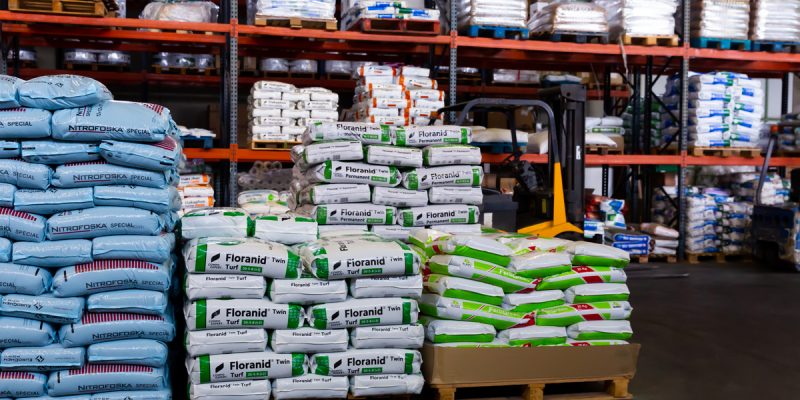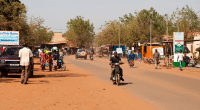The ministry in charge of environmental protection in Côte d'Ivoire, has recently launched operations to burn a stockpile of 329 tonnes of outdated pesticides. Considered as hazardous waste by the Rotterdam Convention on Chemicals, the pesticides represent both a human and environmental problem in Côte d'Ivoire. About 4,000 tonnes of pesticides are fraudulently introduced each year in this West African country.
RMG Côte d’Ivoire, an Abidjan-based chemical waste treatment and demolition company has been chosen by the authorities of Côte d’Ivoire to dispose of 329 tonnes of expired pesticides and associated waste. The pesticides were collected over four years from 4071 pesticide depots across the country. The operation was launched on July 23, 2020 in the presence of members of the government. “The launch of this operation demonstrates the government’s commitment, with the support of the World Bank, to protect the environment and the health of populations from the negative effects of obsolete pesticides,” said Joseph Séka Séka, the Ivorian Minister of Environment and Sustainable Development.
“Almost 4,000 tonnes of fraudulent pesticides enter Côte d’Ivoire every year “.
A pesticide is a chemical used in agriculture to combat harmful micro-organisms. It therefore helps to improve the volume of agricultural production. However, when the chemical is expired, it is called an obsolete pesticide. At this stage, it contains active substances that are toxic to humans and nature. The Rotterdam Convention on Chemicals considers them to be hazardous waste. These substances pass through plant cells and end up on our plates and can cause diseases such as anaemia, kidney disorders, cardiovascular diseases and brain cancer.
Stored in the open air or in punctured containers, these substances can also contaminate the soil. “They lead to soil depletion through the accumulation of their organic matter in the components of the soil. Biodiversity is also under threat, in particular through soil, air and water pollution… ” said Joseph Ipou, a weed scientist at the University Félix Houphouët-Boigny, who specializes in “weeds” or noxious plants.
Obsolete pesticides may be so dangerous, yet Côte d’Ivoire is constantly exposed to them. According to the minister of environment and nature protection in Côte d’Ivoire, about 4,000 tonnes of fraudulent pesticides enter the country every year. It is therefore to reduce the health and ecological impact of this fraud that the operation to incinerate obsolete pesticides launched in Abidjan is being carried out. It is part of the Project for the Management of Obsolete Pesticides (Progep-CI), launched in 2016 for a period of 5 years and co-financed by the government of Côte d’Ivoire and the Global Environment Facility (GEF) to the tune of 10.8 million dollars.
Boris Ngounou







